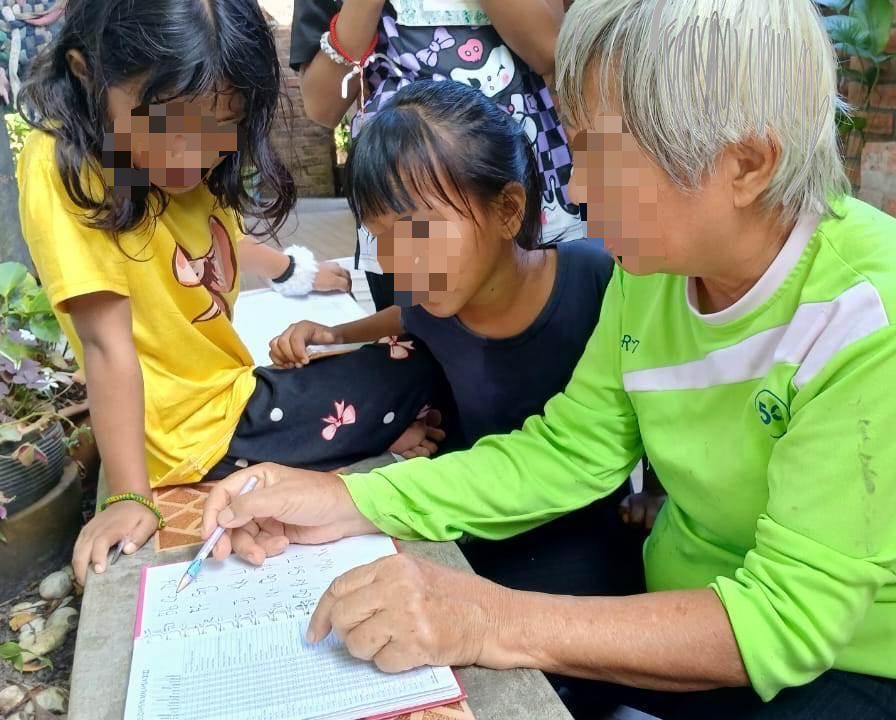
KOTA KINABALU: On her morning jogs, a retiree would frequently come across children playing or loitering when they should be in school.
She did not think much of it at first, thinking that they were either waiting for the afternoon school session or playing truant.
After several weeks, she asked them why they were not in school.
“It was only then that I realised they were stateless and could not attend school owing to a lack of documents,” said the 68-year-old, who asked to be identified only as Leong, when met recently.
In her heart, she said, she felt as if she were being nudged towards extending a helping hand.
Eventually, this turned into informal learning sessions for the children, aged seven to 12.
More than six years later, Leong continues to spend her mornings teaching stateless children their ABCs, counting, simple arithmetic, some Chinese and Bahasa Malaysia, and even singing.
As a result, some manage to memorise the alphabet from A to Z, count from one to 10, sing simple songs, say their names in English, and respond to greetings.
“I feel that life has been unfair to these innocents. They did not ask to be born stateless or without documents.
“As a mother, it breaks my heart that they have to go through the cycle of being born, left to fend for themselves, grow into adults who basically can’t read, write or count, and just have to run all the time,” Leong said.
She hoped the basic lessons she imparts could be a starting point for them to develop their knowledge and find jobs.
“I have friends who know about what I do, so they give me their children’s or grandchildren’s used bags, stationery and books to share,” she said.
Sometimes, these sessions can last up to two hours, but most of the time, they would span 30 minutes to an hour because of short attention spans, she added.
“It is quite difficult to get them to focus but sometimes, when they are in the mood, they will stay for up to two hours,” she said, adding that she occasionally uses candy and other treats to hold the children’s attention.
“Just so that they would listen and spend a little bit more effort learning,” she said.
Given their families’ constant movements, she said some children would stop coming after a while, but newcomers would take their place.
“I hope the community will have more sympathy for these children, and for the government to have a strong will to solve this issue because children are the future leaders of this nation,” she said.
She urged the authorities to provide these children with the same opportunities as citizens, because they had potentially just as much to contribute to society as the more privileged.